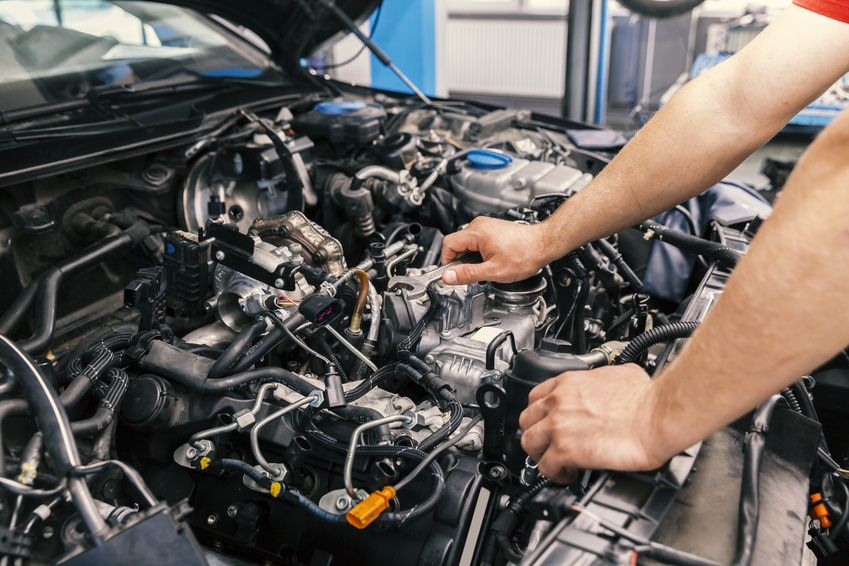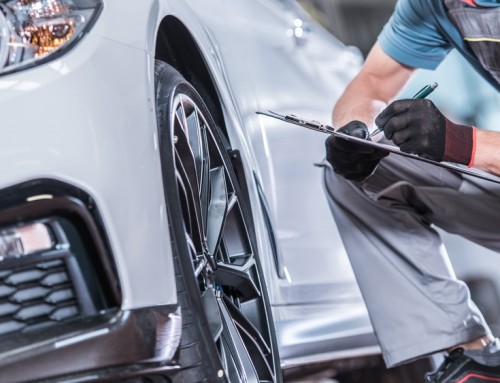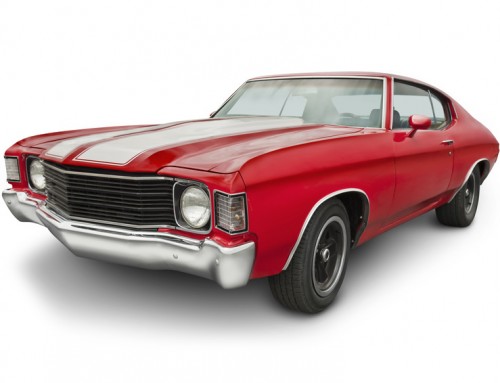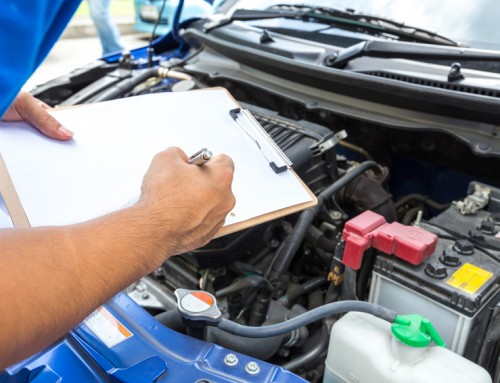The typical car on the road in the U.S. is a record-high 11.5 years old. Though today’s vehicles are manufactured using top-of-the-line technology, cars still break down after a while and are often in need of all kinds of maintenance and repairs.
That’s why California vehicle inspections are so important. Without a quality and legitimate auto inspection, not only are you breaking the law, but you’ll be putting yourself, your family, and everyone else on the road in danger if your car isn’t functioning properly. Auto inspection stickers prove that your vehicle is up to date and that is suitable for all kinds of roads.
When it comes to California vehicle inspections, pre purchase inspections include the following:
Body and Exterior Trim
- Exterior paint condition rating
- Impact strips and body trim molding damage
- Body panel alignment
- Post factory repairs
- Document post factory paint blemishes, cosmetic issues, environmental degradation, dings, dents, and scratches
Document Review Process
- Car check report
- Title status
- Salvaged or theft recovery
- Service and maintenance records
- Search for open manufacture recalls and campaigns
Fluid sampling and charging tests
- On-site battery and electrical analyzer testing: involving a patented conductance technology meter we are able to perform a battery and charging system analysis.
- On-site oil and fluid analysis: Testing of the fluid based on certified criteria that has been utilized in the laboratory environment for decades. The test is designed as an aid in determining the condition of the oils or fluids.
Electrical
- Radio, navigation, blue-tooth connectivity, and hands free operation
- Complete systems check of all electrically powered components within the vehicle
- Headlights, turn signals, horns, rear lights, and running lights
- Instrument panel gauges
- Power windows, locks, and seats
Transmission
- Check for impact damage
- Note condition due to environment exposure
- Inspecting wheel wells, rockers, lower rust prone panels
- Obvious damage to chassis
- Signs of rust, corrosion, or under spray
Suspension, brakes, tires, and steering
- Excessive side to side play in steering wheel
- Check for abnormal tire wear, weathering, or damage
- Control arms, bellows, and bushings
- Braking abnormalities or veering
- Rack and pinion, struts, and schocks
If you want to learn more about classic car inspections or schedule a California vehicle inspection, contact IMC Inspection right away.







